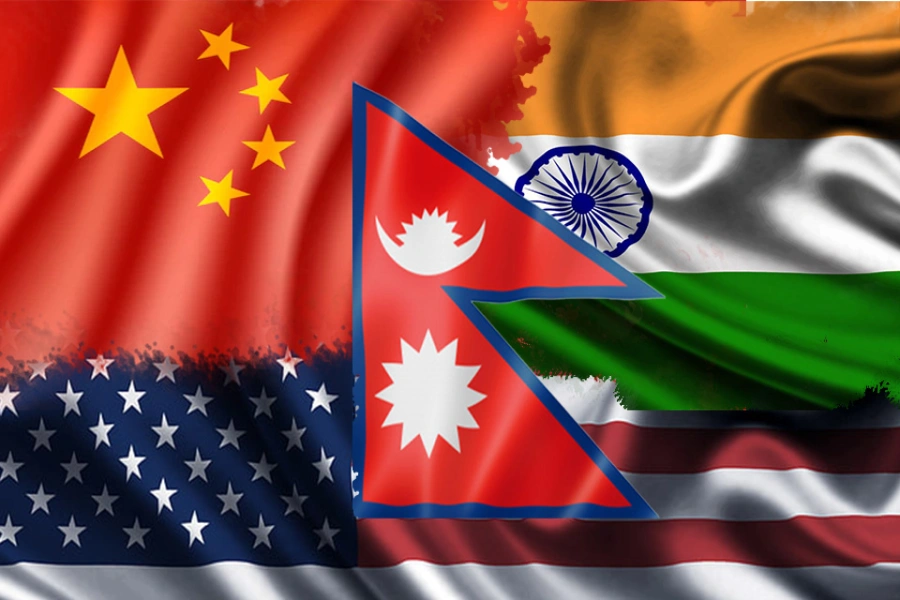KATHMANDU, Aug 8: The Law, Justice, and Human Rights Committee of the House of Representatives has unanimously approved the report on the Transitional Justice Amendment Bill.
The committee met at Singha Durbar on Thursday and concluded with the unanimous approval of the report, which will be presented at the next session of the House of Representatives.
Initially introduced by the government, the bill was referred to the committee for further discussion. Although the committee faced disputes over four key issues, these were resolved through high-level political discussions.
A task force, led by Nepali Congress leader and Home Minister Ramesh Lekhak, was formed to draft the bill's language. The task force submitted its report on Wednesday, which served as the basis for the committee's final report.
Conflict victims urge parliament to revise Transitional Justice...

The bill addresses several contentious issues, including the definition of serious human rights violations, the process for cases without free reconciliation agreements, compensation for those affected by the armed conflict, and provisions for reduced punishment for offenders.
Key provisions of the bill include definition of violations. Human rights violations are defined as acts against the Nepali laws, international human rights, or humanitarian laws, excluding serious violations during the armed conflict. Serious violations include coercion, sexual violence, deliberate killings, disappearances, and torture.
Similarly, the bill outlines reconciliation and legal action. The bill stipulates that reconciliation does not prevent legal action against perpetrators of serious human rights violations. The Commission must notify the Attorney General in cases where the government is the plaintiff, or where amnesty is not recommended.
Likewise, the bill includes compensation and amnesty. It includes provisions for compensating victims and their families and outlines the process for amnesty, which requires the victim's free consent.







































